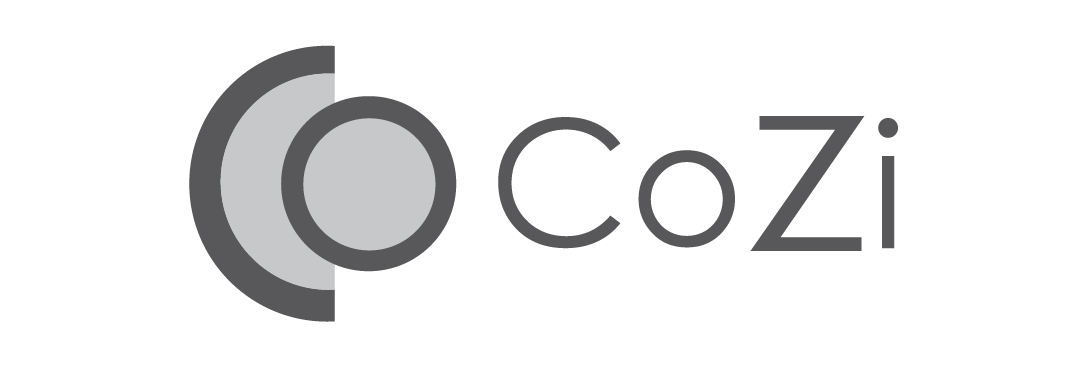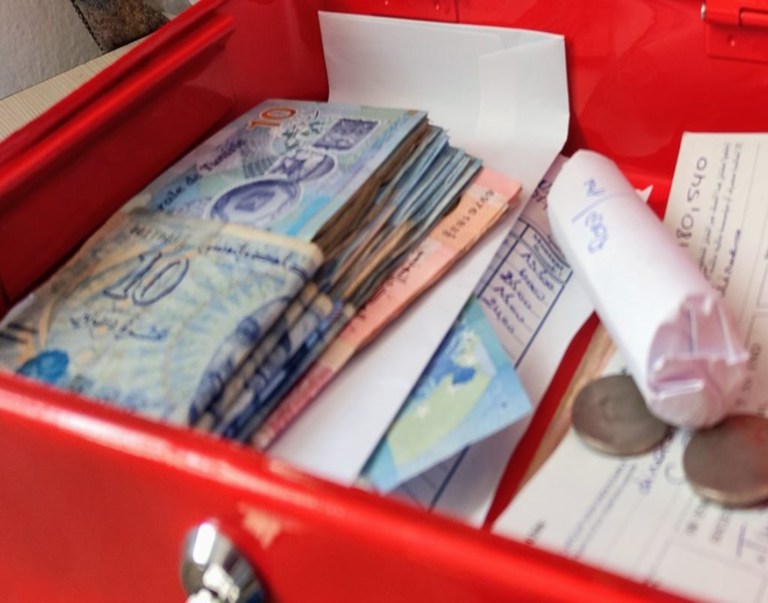How to succeed in a job interview?
How to Succeed in a Job Interview?
A job interview is a discussion between the employer and the candidate. It determines if the latter has the necessary skills for the position’s requirements. That’s why it is essential to prepare for the interview so that you can answer the interviewer’s questions. Also, to emphasize your strengths and qualifications to convince the interviewer that you are the best candidate for the position.
To maximize your chances of getting the job, we will focus on the three most important steps:
1. Before the Interview
Here are some tips you can use to leave a good impression :
a . Research the Company
It is essential to research the company to understand its missions and goals and to determine the services or products it provides its customers and how you can contribute to its success.
In addition, during the interview, you may be asked questions to explain why you want to work for the company or how your skills and experience match the company’s needs. By researching the company in advance, you will be better prepared to answer these questions and demonstrate your understanding of the company. It can also help you ask relevant questions during the interview, which proves to the interviewer that you are a well-prepared and motivated candidate.
b . Analyze the Job Offer
During the interview, the employer will most likely ask you questions about your work experience and how it relates to the job, so it’s crucial to understand what the job entails. So, analyzing the job description can help you identify your weaknesses and strengths and think about how you might answer these questions during the interview.
In addition, analyzing the job description can help you understand the company’s culture and values. Also, it can help to answer questions about why you want to work for the company and how you will fit into the team. So it’s vital to read the job description carefully to understand your responsibilities, tasks, the position’s requirements, and whether your competencies will enable you to do the job correctly.
c . Prepare Your Resume
A CV is a document that describes your educational and professional background, as well as your skills and achievements. Plus, a well-written CV can help you highlight your strengths and achievements. Also, it demonstrates why you’re a good candidate for the job. Also, a cover letter can help you personalize your application and show the employer why you’re the best candidate for the job. In addition, it’s important because it allows you to present yourself to the employer professionally and convincingly. It can also help you showcase your abilities and demonstrate why you’re the best candidate for the job.
2 . During the Interview
It’s not enough to prepare for an interview. You also need to know how to behave during the interview and leave a good impression if you want to increase your chances of getting the position.
a . Show up on Time
Showing up a few minutes before your interview demonstrates your respect for the company. It shows the employer that you are reliable and you value their time. Also, it enables you to compose yourself and gather your thoughts before the interview begins. However, if you can’t arrive on time due to unforeseen circumstances, it’s important to apologize and explain the situation. It can give the employer the wrong impression and may even disqualify you from the job. So, always anticipate being late and consider extra time for unforeseen delays so that you arrive on time for the interview.
b . Pay Attention to your Body Language and to your Voice
Here are some tips for paying attention to your body language and your voice during a job interview:
- Make eye contact: Make eye contact with the person you are talking to show that you are engaged and interested in the conversation.
- Stand up straight: Stand up straight in your chair to show that you’re attentive and engaged.
- Use a clear, confident voice: Speak clearly and confidently, using a volume and tone appropriate to the context. Avoid speaking too softly or too loudly, and try to avoid filler words like “um” or “ah.
c. Ask Relevant Questions
It is essential to ask the interviewer good questions. It shows that you are interested in the company and the position and have done your research. Also, it can help you learn more about the company, the role, and the team, which enables you to determine if the company is a good fit for you. In addition, it demonstrates your knowledge and understanding of the company’s industry and business.
3 . After the interview
Most candidates do not follow up after an interview. However, it’s a mistake, as sending an email to the employer after the interview to thank them and express your gratitude for the opportunity would give a good impression of you and allows them to remember your interview. It shows the employer that you are interested in the position and are willing to make an extra effort to reaffirm your qualifications and enthusiasm for it. A follow-up can also be an opportunity to address any concerns or questions the employer may have about your qualifications or suitability for the position. Plus, by following up, you can provide additional information or clarification that may help the employer make their decision.
Overall, following up is a good way of showing interest in the position and thanking the employer. It’s usually a good idea to follow up a few days after the interview by e-mail or telephone.
For more articles you can visit our blog.









